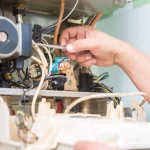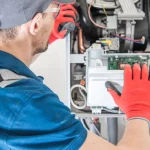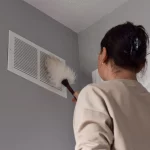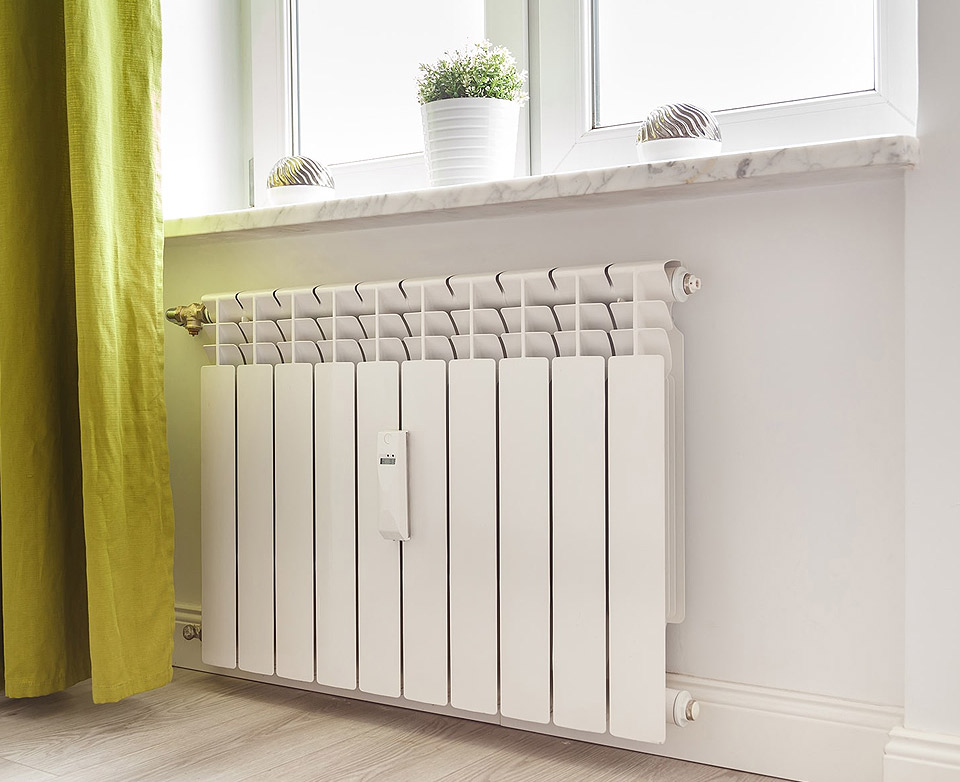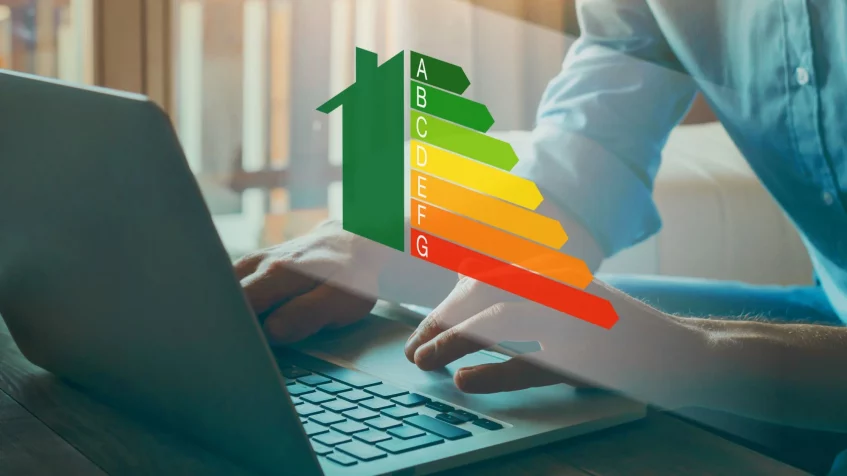
The Role of HVAC in Energy-Efficient Homes
Energy efficiency has become a significant consideration for homeowners in recent years. Not only does it contribute to environmental sustainability, but it also helps reduce energy bills, making it a win-win for both your pocket and the planet. When we talk about energy-efficient homes, the role of HVAC (Heating, Ventilation, and Air Conditioning) systems cannot be overstated. In this blog post, we’ll explore the vital role of HVAC systems in making homes more energy-efficient, providing valuable insights, practical tips, and a deeper understanding of how your HVAC system can contribute to a greener, more cost-effective living environment.
Understanding Energy Efficiency
Before diving into the role of HVAC systems, it’s essential to grasp what energy efficiency means in the context of your home. Energy efficiency refers to using less energy to perform the same tasks, like heating or cooling your living space. It involves the use of technologies and practices that reduce energy consumption without sacrificing comfort or performance.
The HVAC’s Crucial Contribution
HVAC systems are at the heart of energy-efficient homes. They play a central role in maintaining indoor comfort while optimizing energy use. Here’s how they contribute to energy efficiency:
1. High-Efficiency Equipment
Energy-efficient HVAC systems are designed to operate with minimal energy waste. They incorporate advanced technologies like variable-speed fans, two-stage compressors, and smart thermostats, which adapt to your home’s needs, consuming only the necessary energy to achieve and maintain your desired temperature. High-efficiency equipment ensures that your HVAC system operates optimally, reducing energy consumption.
2. Proper Sizing
One of the most critical aspects of an energy-efficient HVAC system is ensuring that it’s appropriately sized for your home. An oversized unit can cycle on and off too frequently, leading to wasted energy. An undersized system, on the other hand, may struggle to meet your comfort demands. A professional HVAC technician can determine the right size for your home, ensuring that your system operates efficiently.
3. Regular Maintenance
Regular maintenance is essential to keep your HVAC system operating at its peak efficiency. Dirty filters, clogged coils, and other issues can make your system work harder, consuming more energy in the process. Scheduling annual maintenance and filter changes is an investment that pays off in lower energy bills and a longer system lifespan.
4. Proper Insulation and Sealing
Your HVAC system can only do so much if your home lacks proper insulation and sealing. Drafty windows, poor insulation in walls and attics, and gaps around doors can result in temperature fluctuations and increased energy consumption. Investing in insulation and sealing will make your HVAC system’s job much easier.
5. Smart Thermostats
Smart thermostats have revolutionized home energy efficiency. They allow you to control your HVAC system remotely and create custom schedules that adapt to your daily routine. Some models even use sensors to detect when you’re not at home and adjust the temperature accordingly, leading to significant energy savings.
6. Zoning Systems
Zoning systems divide your home into separate areas or zones, each with its thermostat and control. This allows you to heat or cool only the areas in use, rather than the whole house. Zoning systems can lead to substantial energy savings by directing conditioned air where it’s needed most.
7. Duct Efficiency
In homes with central HVAC systems, ductwork plays a vital role. Leaky, uninsulated, or poorly designed ducts can result in substantial energy loss. Properly insulating and sealing ducts, as well as ensuring they are correctly sized, can make a significant difference in your HVAC system’s energy efficiency.
8. Renewable Energy Integration
For homeowners looking to take their energy efficiency to the next level, renewable energy sources like solar panels can complement their HVAC system. Solar panels can generate electricity to power your HVAC system, further reducing your reliance on the grid.



